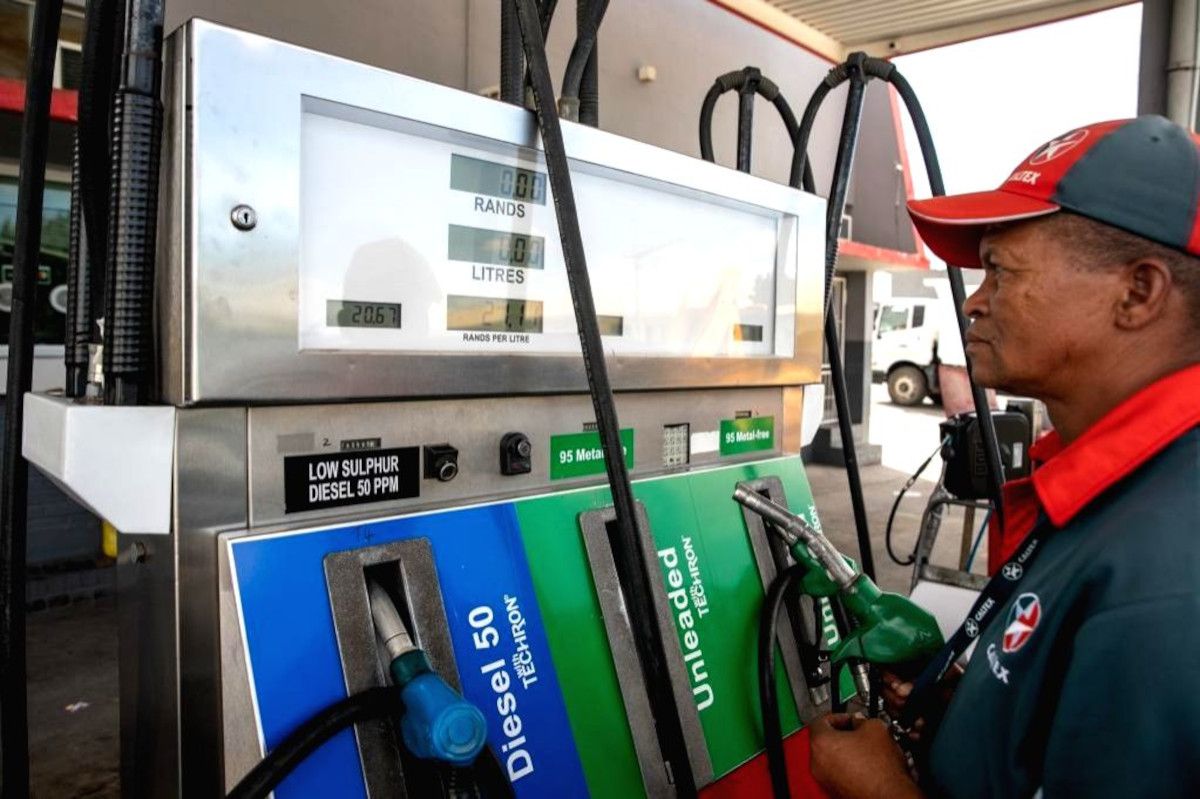Understanding Fuel Prices and Their Impact
Fuel prices are a crucial aspect of any economy, affecting everything from transport costs to household budgets. For South Africa, fluctuations in fuel prices not only influence individual spending but also have larger economic ramifications, impacting inflation rates and overall economic stability. As we look ahead to November 2025, it becomes vital to analyze current trends and possible future scenarios that could affect these prices.
Current Trends in Fuel Pricing
As of late 2023, fuel prices in South Africa have seen significant volatility due to factors such as global crude oil prices, exchange rate fluctuations, and changes in government policies. In recent years, rising geopolitical tensions and recovering demand post-pandemic have often led to spikes in fuel costs. For instance, in October 2023, the average price for petrol was approximately R23.00 per liter, driven by increased Brent crude oil prices which surpassed $90 per barrel.
Possible Factors Influencing November 2025 Prices
Looking forward to November 2025, several key factors are expected to influence fuel prices in South Africa:
- Global Oil Prices: The ongoing recovery of global economies post-pandemic can drive higher oil demand, which may push prices up even further, especially if OPEC+ decides to restrict output to increase profitability.
- Exchange Rates: The South African Rand’s value against major currencies can significantly impact fuel prices. A weaker Rand typically leads to higher fuel costs as crude oil is traded in US dollars.
- Government Policies: Potential policy changes regarding fuel taxes or subsidies by the South African government may also affect prices. Any initiatives aimed at reducing reliance on fossil fuels could influence market dynamics considerably.
- Renewable Energy Transitions: Increasing investments in renewable energy sources may gradually change the landscape of fuel pricing as more players enter the market.
Predicted Fuel Pricing Scenario for November 2025
Considering the current trends and the potential factors outlined above, analysts predict that fuel prices in South Africa could range from R25.00 to R30.00 per liter by November 2025 if current trends continue unabated. This would represent a significant burden on consumers unless offset by wage growth or government interventions.
Conclusion: An Ongoing Challenge for Consumers
The forecast for South Africa’s fuel prices in November 2025 serves as a crucial indicator for economic stability and consumer expenditure. With the global economy in flux and local conditions constantly evolving, both policymakers and consumers will need to stay informed and proactive. As the country navigates these challenges, the energy sector’s transition towards sustainable and affordable energy sources will likely play a critical role in determining future fuel prices.


